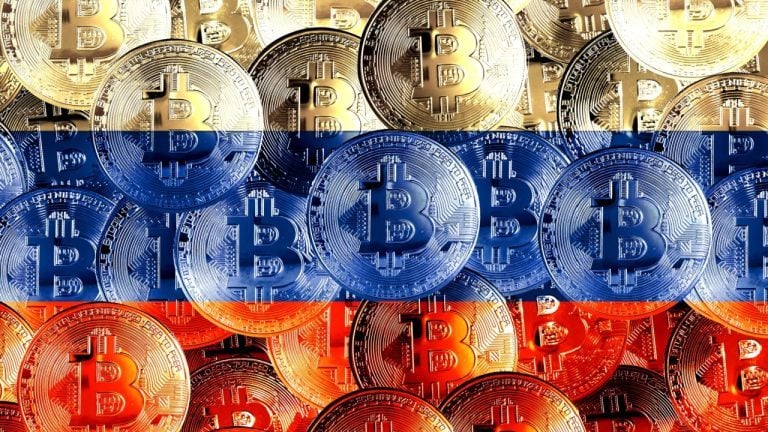
Four people who are victims or family of victims of state terrorism sued the Justice Department, claiming it hasn’t put the appropriate funds from Binance’s settlement into a victim fund.
The United States Department of Justice must place more of its massive $4.3 billion settlement with Binance into a fund for victims of state-sponsored terrorism, a lawsuit claims.
On Sept. 25, four people who are victims or family of victims of state-sponsored terrorism sued the DOJ in a Washington, D.C. federal court, claiming it improperly withheld or delayed depositing the proceeds of Binance’s November settlement into the Victims of State Sponsored Terrorism Fund.
The suit claimed under the Victims of State Sponsored Terrorism Act, 100% of criminal proceeds and 75% of civil proceeds from cases like Binance’s should be deposited into the fund, which was established to compensate victims of state-sponsored terrorism.












